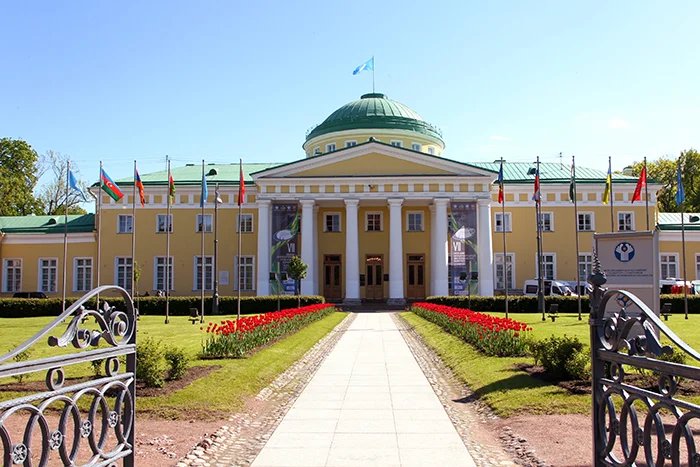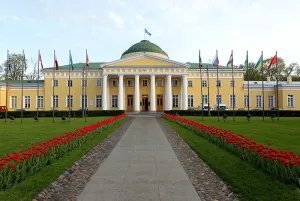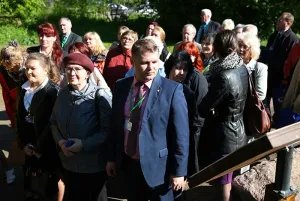The 1st day of the VII Nevsky Ecological Congress is over
28 May 2015

The delegates participated in 6 round tables devoted to 6 different subjects: Legal framework for environmental safety: practical legal context in managing industrial and household wastes; Environmentally sound farming: soil management; Integrated management of water resources: water use and water quality; Environmental tourism as an element of building territorial integrity; Environmental safety in mining operations; Russia’s environmental strategy 2025. Effective instruments for ensuring environmental safety in the Russian Federation.
The participants of Round Table 1 are convinced that it is necessary to form legal and economic conditions to attract public investments in environmental state control, however, public-private partnership is also an essential component.
Special attention was paid to the interregional cooperation of the CIS countries and common regional projects on waste recycling.
The participants defined the work of government bodies aimed at establishing legal framework in the field of energy efficient and eco-friendly technologies as the priority task.
During the course of the 2nd Round Table the participants agreed that developing eco-friendly agriculture and preserving soil fertility could not be insured by means of producers only. Comprehensive measures including state regulation and support are the prerequisites for the success in this field.
The 3rd Round table was devoted to water management. The participants discussed the outcomes of the trilateral international project "The Year of the Finnish Gulf – 2014”. The experience of its implementation is recommended to be used for similar projects with other border water areas.
Ecological Tourism was the subject of the 4th Round Table. The participants agreed that rural tourism is a promising field for small businesses.
The IPA CIS was recommended to develop a model law on environmental tourism or to submit amendments in the model law on tourism business and classify it as the top priority of the state regulation of tourism business.
Another initiative was to create a database of conservation areas in the CIS countries which would describe their potential for tourists and tourism businesses.
The participants also recommended to develop legislative, social and economic incentives for promoting different types of tourism.
Round Table 5 convened more than 70 participants and almost half of them made a presentation.
They emphasized that the comprehensive approach in solving social and economic issues and that is closely connected with the environmental safety and nature protection.
Round Table 6 was devoted to the Strategy of the environmental safety of the Russian Federation to 2025. This round table convened the maximum number of participants, more than 400 people.
According to Senator Lyudmila Kostkina the information discussed during this round table may help to develop model laws.
The Round Table was attended by parliamentarians of the CIS Member Nations, representatives of federal executive bodies, public authorities of the subjects of the Russian Federation, business community and academia as well as by foreign experts.



